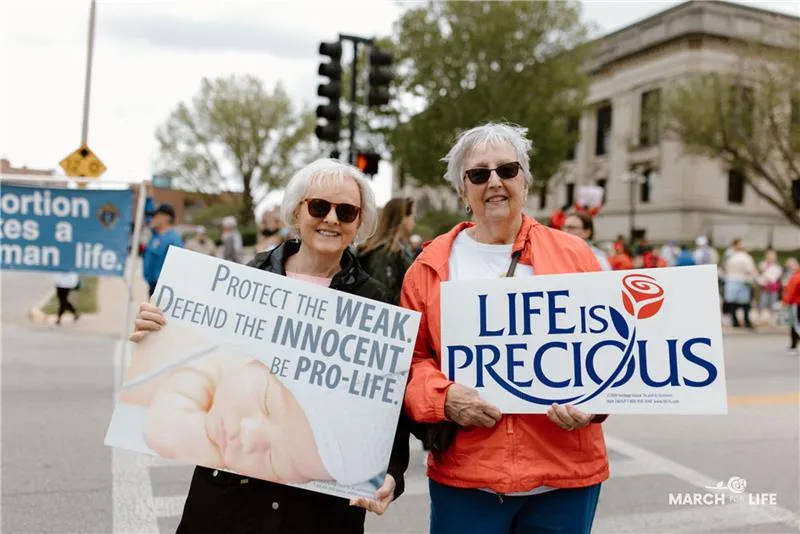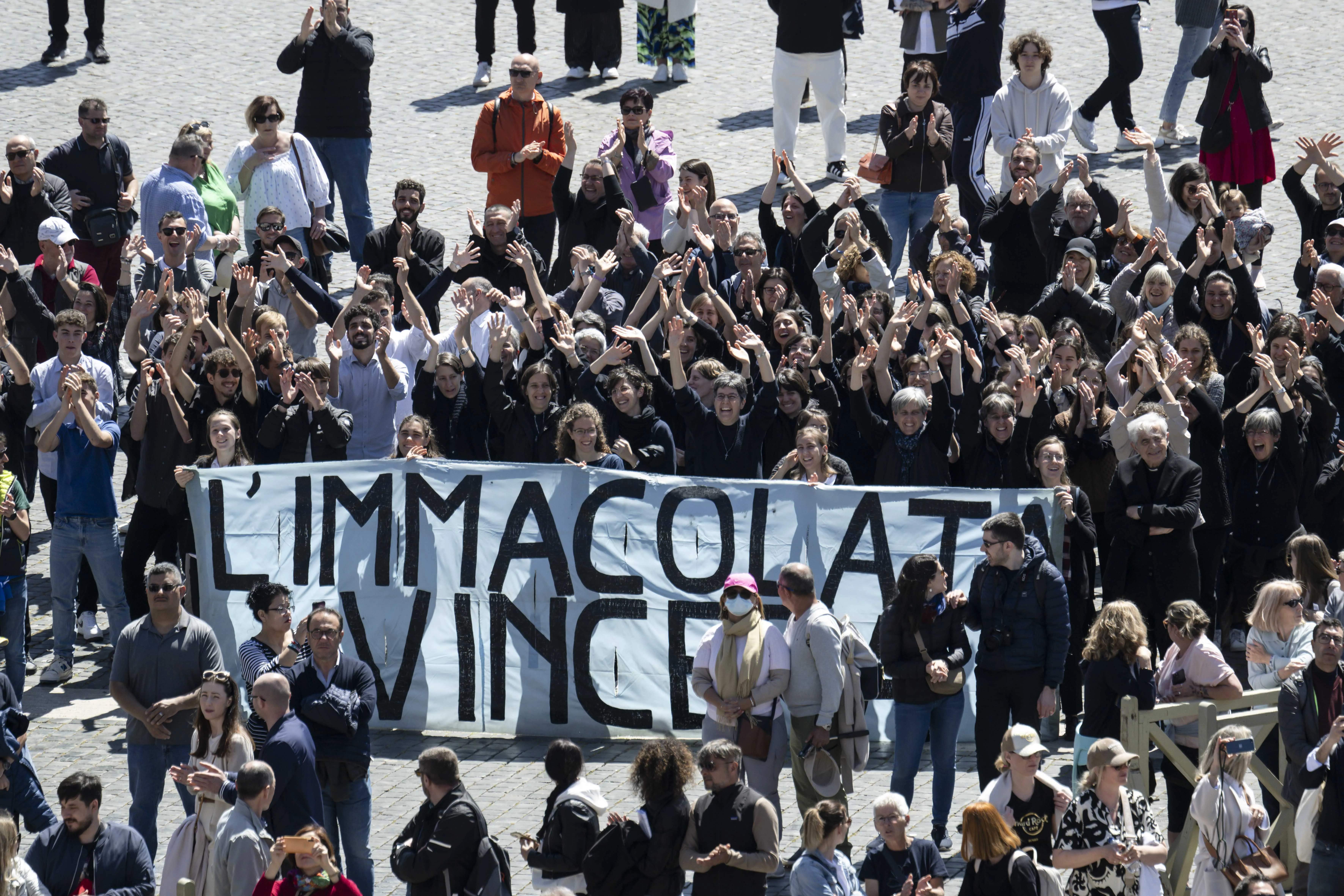 Ana Estrada, 47, suffered from polymyositis, an incurable disease that left her confined to a wheelchair. Since 2019, she had been been petitioning Peruvian courts to recognize a right to euthanasia. / Credit: Jessica Alva Piedra CC BY-SA 4.0 DEED
Ana Estrada, 47, suffered from polymyositis, an incurable disease that left her confined to a wheelchair. Since 2019, she had been been petitioning Peruvian courts to recognize a right to euthanasia. / Credit: Jessica Alva Piedra CC BY-SA 4.0 DEED
ACI Prensa Staff, Apr 22, 2024 / 18:00 pm (CNA).
On Sunday, April 21, Peruvian activist Ana Estrada underwent a euthanasia process and died. The terminology employed did not indicate whether it was by direct euthanasia or medically assisted suicide.
Euthanasia is not legal in Peru, but the nation's Supreme Court nevertheless ruled in favor of her appeal.
According to a statement released by various Peruvian media, the activist "died on her own terms, in accordance with her idea of dignity and in full control of her autonomy until the end."
"The medical procedure was carried out in accordance with the 'Plan and Protocol for Death with Dignity' applicable to Ana, approved by EsSalud, in the context of the historic ruling in her favor, issued on Feb. 23, 2021, and upheld by the Supreme Court on July 14 and 27, 2022," the press release stated.
EsSalud is a government agency providing social security health insurance in Peru.
Who is Ana Estrada?
Ana Estrada was a 47-year-old Peruvian activist who suffered from polymyositis — an incurable disease that left her confined to a wheelchair. Since 2019, she has been petitioning Peruvian courts to recognize a right to euthanasia.
Euthanasia is not legal in Peru. However, in 2022 the judiciary ruled in favor of Estrada so that in her case Article 112 of the current Penal Code "would be unenforced." The code punishes anyone who "out of pity, kills an incurably ill person" with a prison sentence of no more than three years."
Last February, the Superior Court of Justice of Lima ordered Social Security Health (EsSalud) and the Ministry of Health (Minsa) to respect Estrada's decision.
Recently, EsSalud also stated that it was unnecessary for Estrada to undergo an additional psychological evaluation from the one carried out last October and decided that she could designate a trusted person to authorize her consent with their signature.
What does the Catholic Church say about euthanasia?
No. 2277 of the Catechism of the Catholic Church teaches that "whatever its motives and means, direct euthanasia consists in putting an end to the lives of handicapped, sick, or dying persons. It is morally unacceptable."
"Thus an act or omission which, of itself or by intention, causes death in order to eliminate suffering constitutes a murder gravely contrary to the dignity of the human person and to the respect due to the living God, his Creator," the catechism explains.
"The error of judgment into which one can fall in good faith does not change the nature of this murderous act, which must always be forbidden and excluded," the text clarifies.
In early April, the Vatican published the declaration Dignitatis Infinita, which warns of 13 grave violations of human dignity, one of which is euthanasia.
The document notes that "there is a widespread notion that euthanasia or assisted suicide is somehow consistent with respect for the dignity of the human person."
"However, in response to this," the declaration explains, "it must be strongly reiterated that suffering does not cause the sick to lose their dignity, which is intrinsically and inalienably their own. Instead, suffering can become an opportunity to strengthen the bonds of mutual belonging and gain greater awareness of the precious value of each person to the whole human family."
After encouraging palliative care for the sick, Dignitatis Infinita affirms that "helping the suicidal person to take his or her own life is an objective offense against the dignity of the person asking for it, even if one would be thereby fulfilling the person's wish."
This story was first published by ACI Prensa, CNA's Spanish-language news partner. It has been translated and adapted by CNA.














